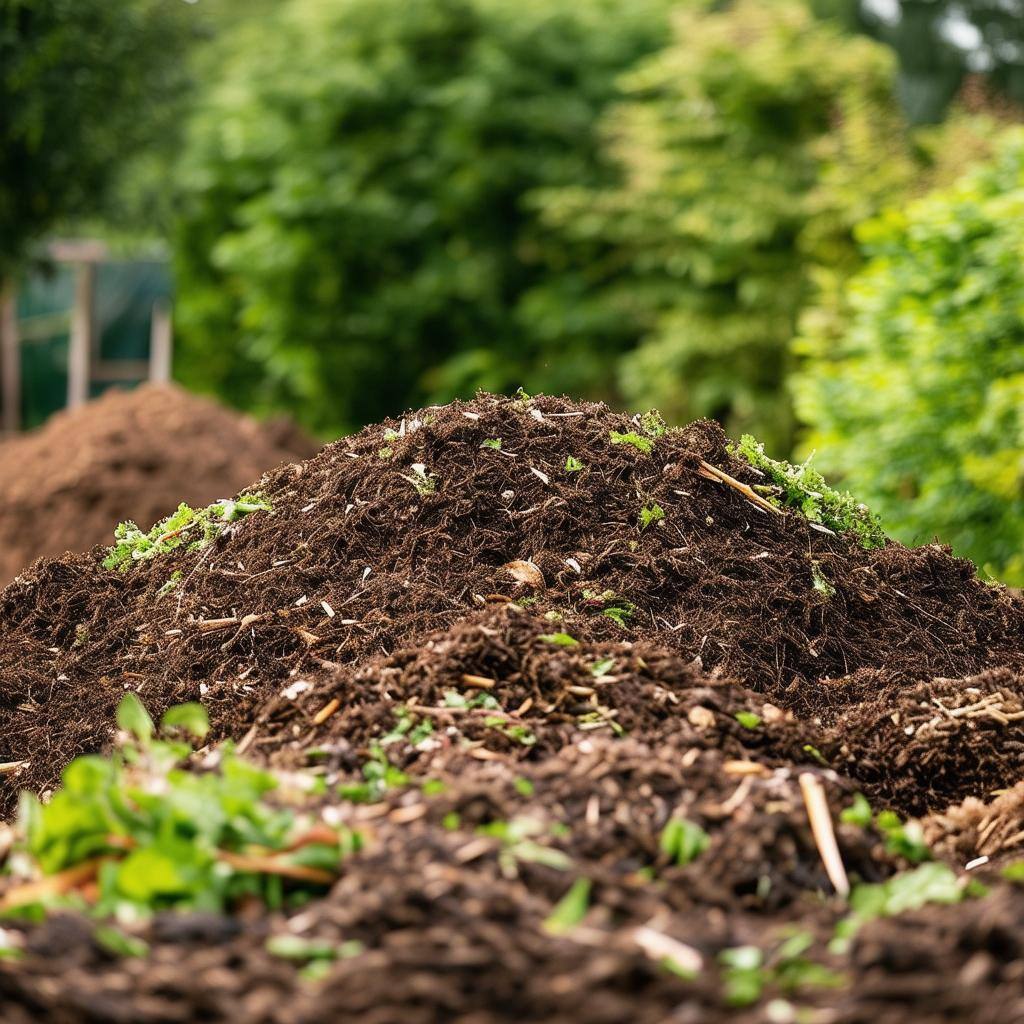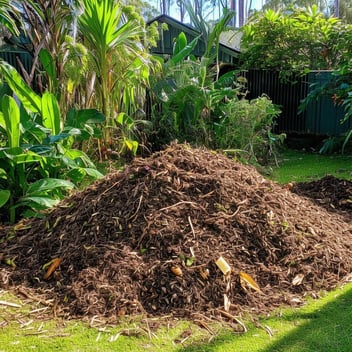5 Common Composting Mistakes and How to Avoid Them in SEQ
Introduction
In the lush landscapes of Southeast Queensland, composting serves as a cornerstone for sustainable gardening. This eco-friendly practice transforms organic waste into nutrient-rich humus, enhancing soil fertility and promoting robust plant growth. However, certain missteps can impede the composting process, leading to suboptimal results. Recognizing and rectifying these errors is crucial for thriving gardens in SE Qld's unique subtropical climate.
Mistake 1: Imbalanced Green and Brown Materials
Composting thrives on a harmonious blend of nitrogen-rich "greens" (e.g., vegetable scraps, fresh grass clippings) and carbon-rich "browns" (e.g., dry leaves, straw). An excess of greens can result in a malodorous, soggy pile, while too many browns may slow decomposition. Aim for a ratio of approximately two parts browns to one part greens to foster efficient breakdown and a pleasant, earthy aroma.
Mistake 2: Neglecting Aeration
Oxygen is indispensable for aerobic microorganisms that decompose organic matter. A lack of aeration can lead to anaerobic conditions, causing unpleasant odors and sluggish composting. Regularly turning the compost pile—ideally every one to two weeks—introduces oxygen, accelerates decomposition, and maintains a balanced internal environment.
Mistake 3: Improper Moisture Levels
The moisture content of your compost should resemble that of a wrung-out sponge. Excessive moisture fosters anaerobic bacteria, leading to foul smells, while insufficient moisture halts microbial activity. In SE Qld, where rainfall can be abundant, it's vital to cover compost heaps during heavy rains and add water during dry spells to sustain optimal moisture levels.
Mistake 4: Adding Inappropriate Materials
Introducing unsuitable items into your compost can attract pests, introduce pathogens, and disrupt the decomposition process. Avoid composting meat, dairy products, fats, oils, diseased plants, and pet waste. Instead, focus on plant-based kitchen scraps, coffee grounds, eggshells, and garden waste to ensure a healthy, balanced compost.
Mistake 5: Ignoring Temperature Management
Temperature is a critical factor in composting, influencing the activity of decomposing organisms. In SE Qld's warm climate, compost piles can overheat or dry out, inhibiting microbial function. Monitor the internal temperature, aiming for a range between 55°C and 65°C during active decomposition. Adjust pile size, moisture, and aeration to regulate temperature effectively.
Conclusion
By sidestepping these common composting pitfalls, gardeners in Southeast Queensland can cultivate rich, fertile compost that invigorates their soil and bolsters plant health. Attentiveness to material balance, aeration, moisture, appropriate inputs, and temperature control will transform organic waste into a valuable asset, fostering a verdant and sustainable garden oasis.




